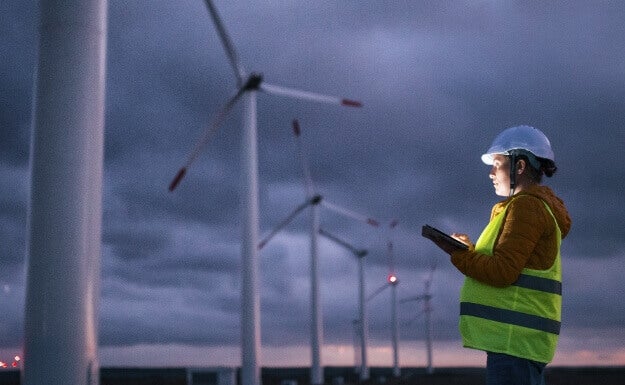Reviews activities distribution companies have introduced to mitigate climate change with a focus on energy efficiency measures. Also reviews their commitments and activities towards distributed generation with renewable energy and electromobility.



This activity reviews actions that distribution companies have introduced to mitigate climate change and reduce emissions, with a focus on energy efficiency measures and standards. Also reviews their commitments and activities towards distributed generation (DG) with renewable energy and electromobility
In the Paris Climate Change Agreement, called the "Paris Agreement", 195 countries initially committed to contain the current emissions trajectory of CO2. This commitment translated into an objective to keep the global average temperature rise well below 2°C above pre-industrial levels and to seek efforts to limit the temperature rise to 1.5 ° C'. There is a growing consensus among major investors worldwide that we are moving irreversibly towards a low carbon economy.
Climate change today is or should be one of the most impacting issues for companies. Although it is recognized that the increase in emissions of greenhouse gases will lead to significant economic and social consequences, for most companies this is a future and long-term problem.
In this scenario, for the electricity sector, although the focus of climate change is on electricity generation, electricity distribution companies play an important role in mitigating climate change. Utilities can help in a very important way in advances in the use of electricity, that is, in energy efficiency gains in their assets and supporting the customers they serve. Several experiences have already shown that utilities can be the main agent to achieve great advances in energy efficiency and thus contribute to the mitigation of climate change.
In addition to the direct effects of climate-induced volatility, companies will continue to experience increasing political pressure, as well as greater expectations from consumers and investors about the responsibility for climate change and their contribution in this context, especially for companies with generation electricity in their active. Thus, a more proactive strategy and innovations that really represent actions that mitigate climate change are expected.
This activity of climate change mitigation in the utilities is currently under development and will be incorporated soon.